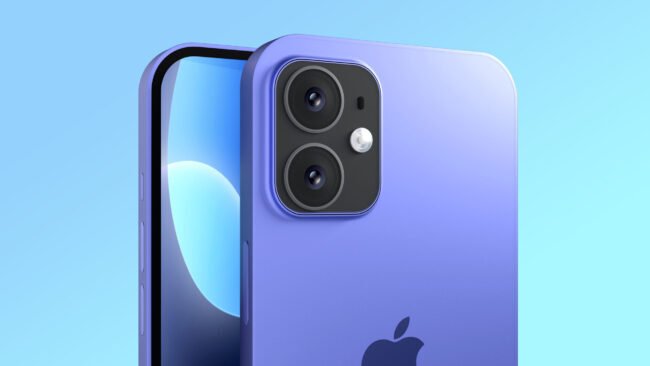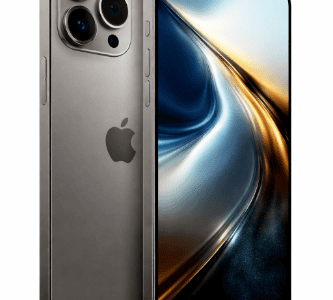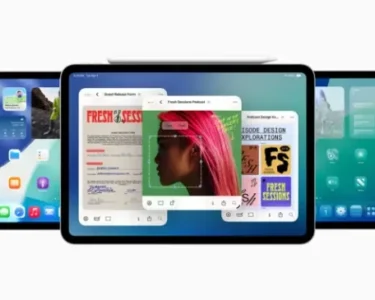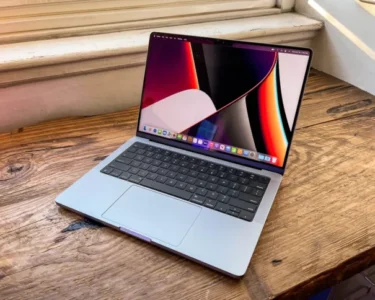iPhone 17 Ban Looms After US Trade Ruling on BOE’s OLED Patent Dispute
A preliminary ruling by the U.S. International Trade Commission (ITC) has sparked concerns over a potential iPhone 17 ban in the American market. This decision centers around allegations that Chinese display maker BOE and seven of its affiliated companies misappropriated confidential OLED display technology from Samsung Display, thereby violating U.S. trade laws.
If the ruling is finalized, the repercussions could be severe—not just for BOE, but also for Apple, which relies heavily on BOE’s OLED panels for multiple iPhone models.
iPhone 17 Ban Could Affect Existing and Upcoming Apple Devices
The ITC has recommended a complete ban on the import of OLED panels that infringe on Samsung’s technology, along with halting the sale of any existing inventory in the United States. While Apple is not directly involved in this legal dispute, its products could be impacted since many current iPhones—including the iPhone 15, 15 Plus, and newer iPhone 16 and 16 Plus—utilize BOE-supplied OLED panels.
If the ITC enforces the ban, it may severely disrupt Apple’s ability to continue selling these models in the U.S., even after the iPhone 17 lineup is introduced later this year. This could complicate inventory strategies, sales continuity, and customer expectations.
BOE’s OLED Expansion Hits a Roadblock Amid iPhone 17 Ban Threat
In recent years, BOE has been aggressively expanding its OLED production capacity, aiming to become a top-tier supplier for Apple and reduce Apple’s reliance on South Korean firms like Samsung and LG. According to reports from ETNews Korea, BOE was set to supply Apple with its first batch of advanced LTPO OLED panels for the iPhone 17 Pro and Pro Max models in 2025.
However, the performance benchmarks for these displays reportedly fell short of Apple’s strict quality standards. As a result, Apple may restrict BOE’s panels for iPhone 17 Pro models exclusively to the Chinese market, leaving international variants dependent on Samsung or LG for display components.
This situation significantly undermines BOE’s position in Apple’s global supply chain and could influence the future dynamics of OLED manufacturing partnerships.
Apple Responds: No Direct Impact on iPhones, Company Not Involved
Despite the potential implications, Apple has issued a statement clarifying its role in the matter. In an official response to The Times of India, an Apple spokesperson stated:
“Apple is not a party to this case, and the order has no impact on any Apple products.”
While the statement seeks to distance Apple from the ongoing legal battle between Samsung and BOE, analysts suggest that any supply chain disruption involving core components like OLED displays will inevitably create logistical and manufacturing challenges for the tech giant—especially with the iPhone 17 ban speculations gaining momentum.
What This Means for Consumers and the Tech Industry
If the preliminary ITC ruling is upheld, it could set a significant precedent for intellectual property protection in the tech industry. It may also prompt Apple to further diversify its supplier base or invest more heavily in domestic display technologies to mitigate future risks.
Consumers might see limited availability or delayed shipping for certain iPhone models in the U.S., especially if BOE’s displays are removed from circulation. It remains to be seen whether Apple will pivot to other suppliers or make technical adjustments to avoid violating trade regulations.
Conclusion: A Critical Moment for Apple and iPhone 17
As the launch of the iPhone 17 approaches, Apple faces a complex situation involving international trade, intellectual property, and supplier reliability. Although Apple claims no direct impact, the outcome of this ruling could force major changes in its sourcing strategy—potentially reshaping the future of iPhone production and availability in the U.S.
Stay tuned for more updates as the ITC prepares its final ruling, which could either confirm or dismiss the possibility of an iPhone 17 ban in America.







